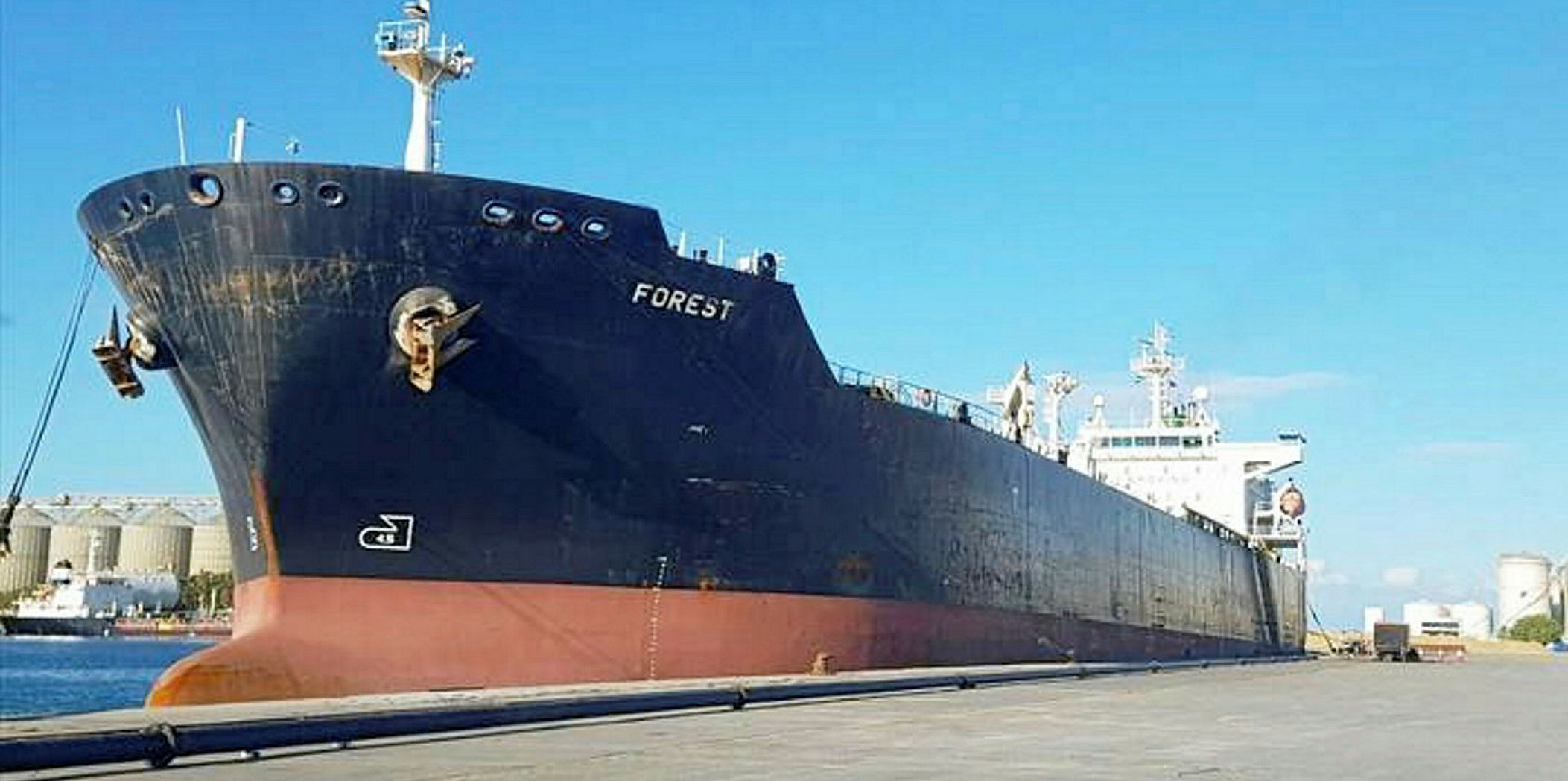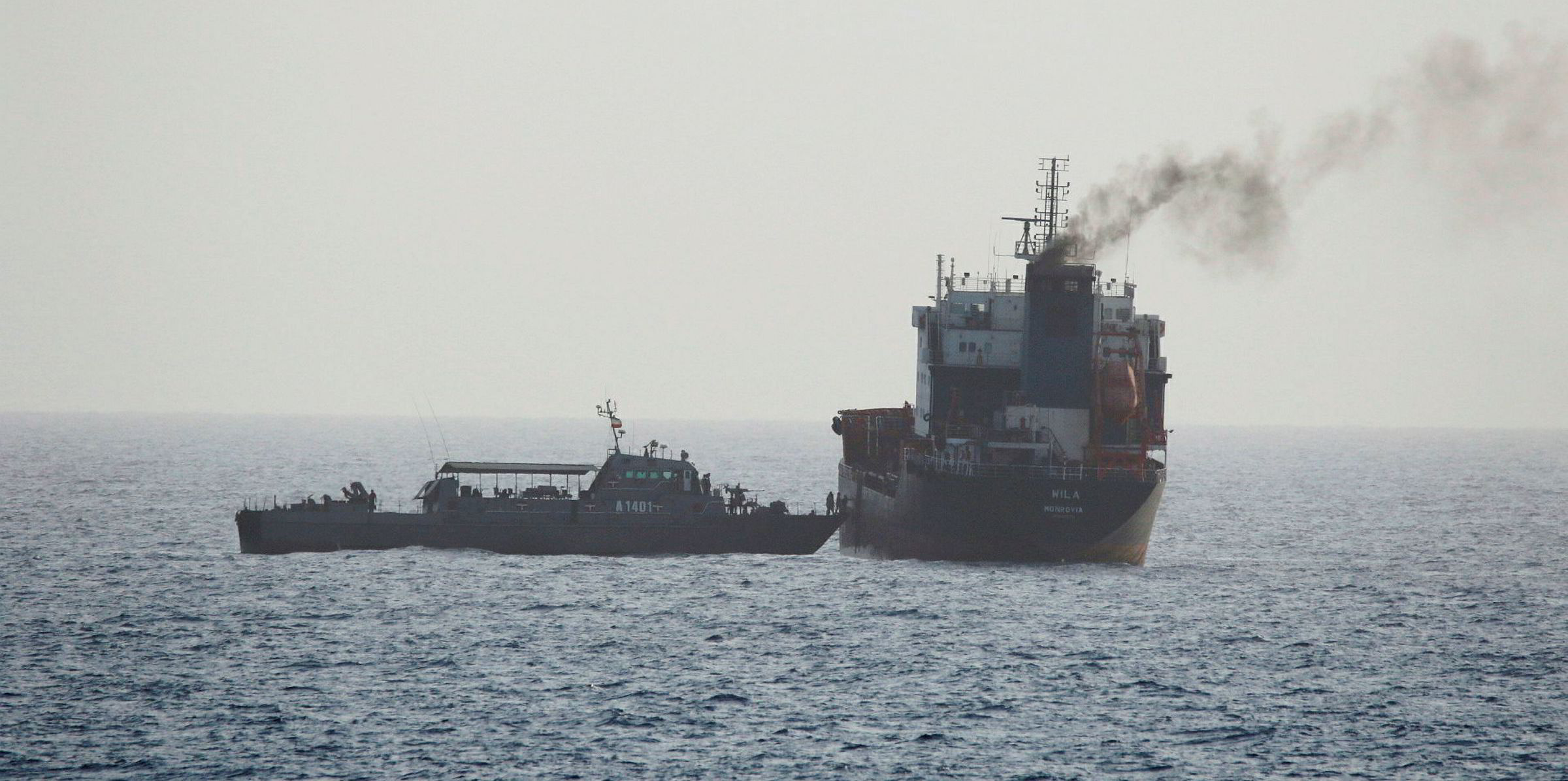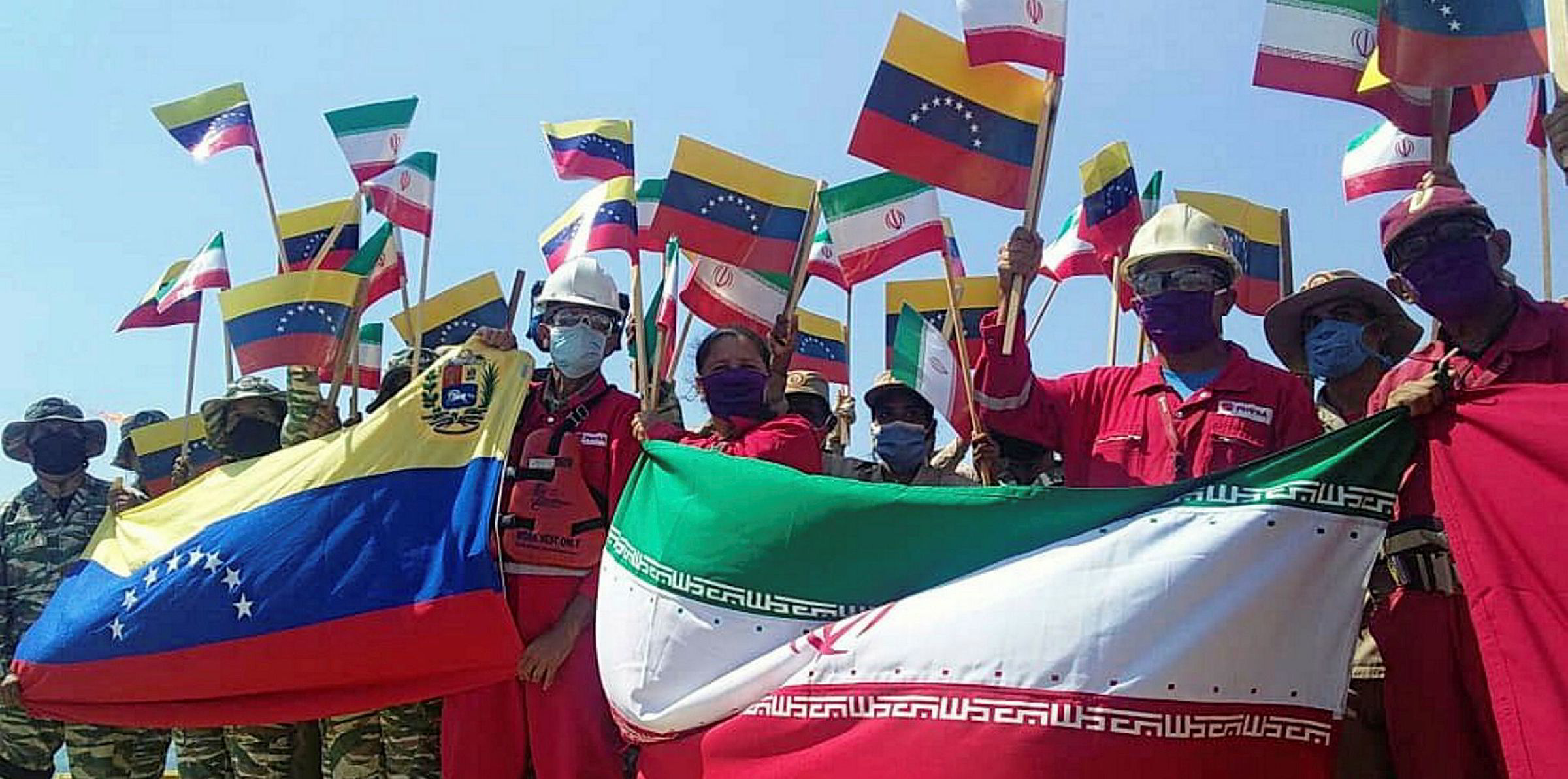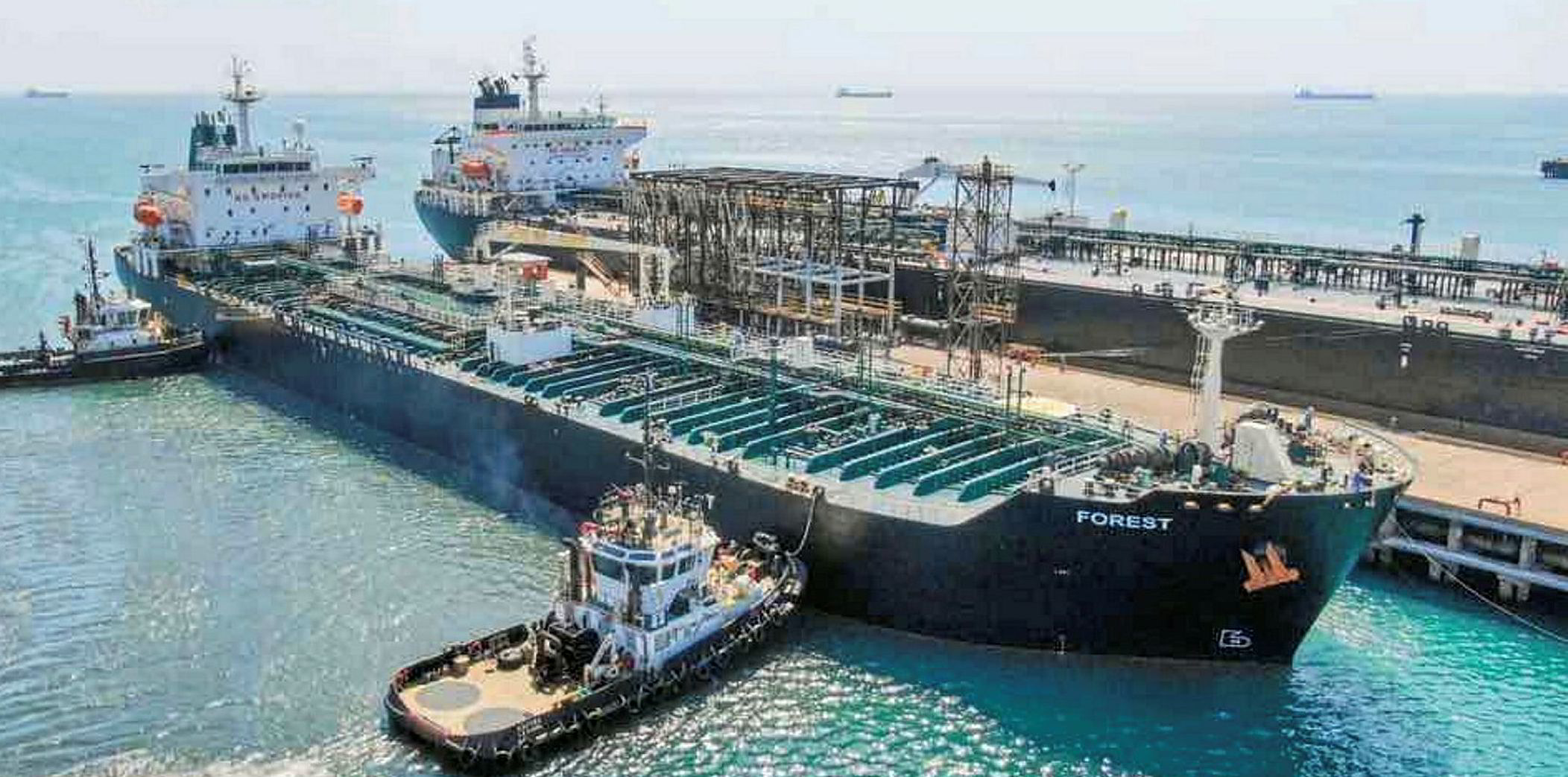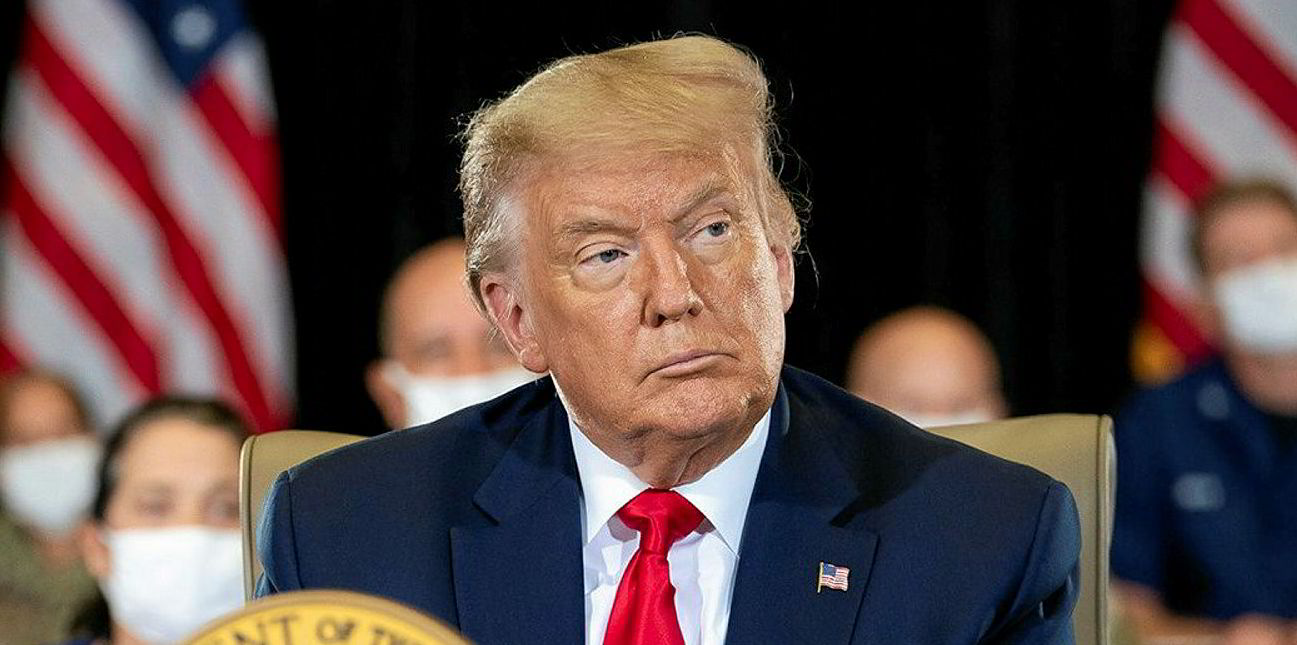The US has succeeded in cutting off Venezuela’s gasoline imports from everywhere in the world except Iran, a State Department official said.
The two countries — both under US sanctions — have strengthened their oil trade links since May, with fuel-starved Venezuela having received five gasoline cargoes shipped by Iranian MR tankers, and expecting another three.
But the US special representative for Venezuela, Elliott Abrams, defended the effectiveness of Washington’s use of sanctions, saying oil and shipping firms in other countries had withdrawn from Venezuelan gasoline trade.
“Our first goal was to make sure that no one other than Iran would engage in this trade,” he said in a media briefing earlier this week.
“A lot of people have gasoline for sale. Certainly, China and Russia have gasoline for sale, but US sanctions have led them to the view that they should not be engaged in that trade, and the Greek shippers have gotten out of that trade.
“We’re watching what Iran is doing and making sure, in the first instance, that other shippers, insurers, shipowners and ship captains realise they must stay away from that trade.”
Iran is reported to be shipping gasoline on the 35,200-dwt Forest, Fortune and Faxon (all built 2004) to Venezuela via the Cape of Good Hope. The ships are owned by National Iranian Tanker Co.
The development has come after the US seized four ships in August without the use of military force. The Greek vessels were allegedly shipping gasoline from Iran to Venezuela.
“We’re left only with Iranian tankers … that are engaged in that trade in a limited way. There are three on the way. That’ll provide a few weeks of gasoline,” Abrams said.
With Venezuela’s oil industry rampaged by an ongoing social-economic crisis, Abrams estimates the country’s actual gasoline output amounts to only less than 5% of the installed refining capacity of 1.3m barrels per day.
“So the regime turned to another international pariah, Iran, shipping it gold to buy gasoline,” he said.
“If you wanted to prevent the return of the kind of shortages that are now so common in Venezuela, you’d have had to leave Iran yesterday with another three tankers. You would need a shuttle service, which we have not seen.”
Diesel trade
The US has continued to provide sanction exemptions to some companies that carry out humanitarian crude-for-diesel swap deals with Petroleos de Venezuela (PDVSA), however.
The state-owned oil firm has received 1.6m barrels of diesel in 11 shipments since January, composed of four from Italy’s Eni, five from Spain’s Repsol and two from India’s Reliance Industries, Platts reported, citing information from PDVSA.
But Bangkok-based Tipco Asphalt said it would stop such trade with Venezuela to comply with US sanctions.
“We’re looking very carefully at the diesel question and we note, for example, that the Maduro regime is consistently shipping diesel and other oil products to Cuba,” Abrams said. Cuba is also under US sanctions.
“It’s pretty well known that we’re reviewing the whole diesel question.”
